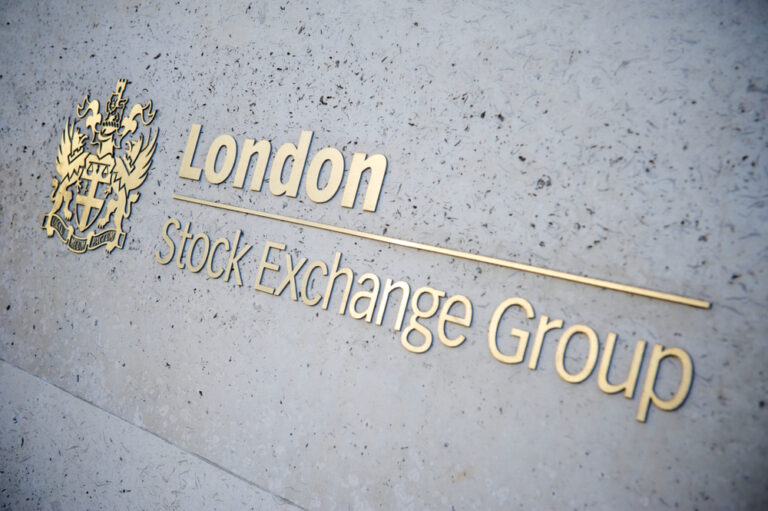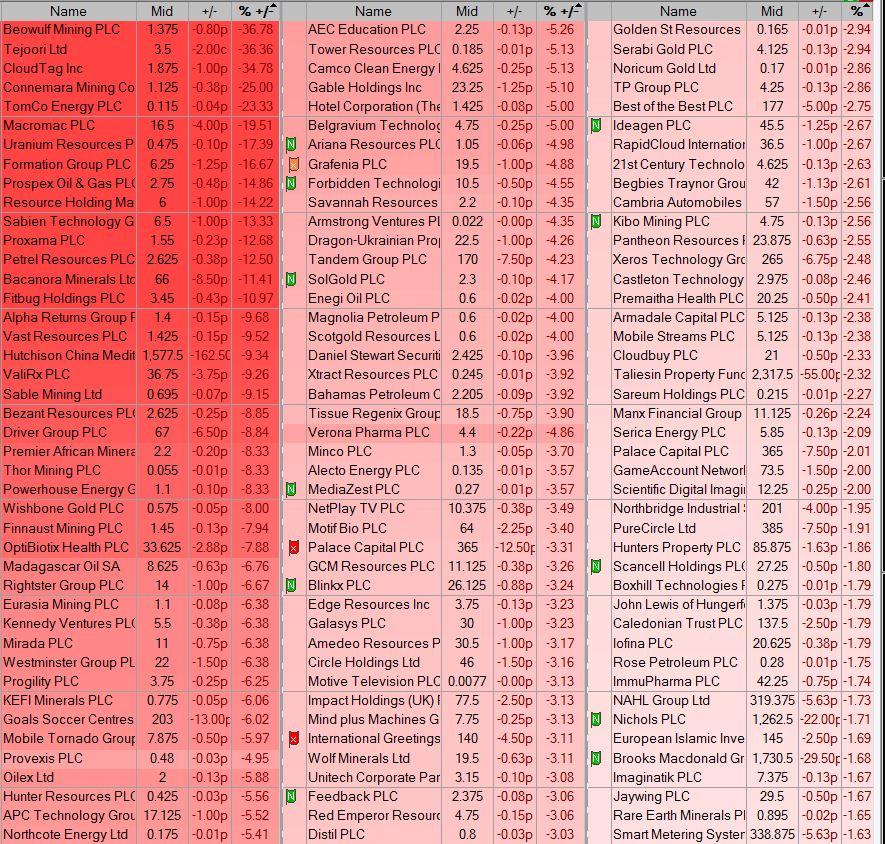The FTSE 100 jumped on Monday as investors reacted to encouraging US inflation data that suggested the Fed was on track to cut interest rates again before the end of the year.
London’s leading index was 0.5% higher at 9,336 at the time of writing and was set to close above the all-time record closing high of 9,321.
Last week, we explained that the FTSE 100 was in need of a catalyst to break out of a tight trading range that had begun to form between 9,200 – 9,260. Equity bulls will be delighted that a catalyst presented itself in the form of updated US PCE data on Friday.
“The FTSE 100 was firmly higher on Monday after the market took reassurance from Friday’s reading of US inflation,” said AJ Bell investment director Russ Mould.
“The fact the PCE number – closely followed by the Federal Reserve when making interest rate decisions – came in bang in line with expectations helped create a positive mood on Wall Street which largely carried into trading in Asian markets overnight and, in turn, European shares this morning.”
UK stocks also received a welcome boost from resident pharma giants AstraZeneca and GSK on Monday. Indeed, Astra’s decision to remain a UK-listed company was grabbing headlines after the company announced it would list its shares in the US but keep its London listing.
“AstraZeneca is stepping onto Wall Street with a new US share listing, giving the company more visibility in the world’s largest healthcare market while keeping its London home,” said Lale Akoner, global market analyst.
“The move is aimed to attract a wider base of investors as Astra pursues strong growth over the next decade. By broadening its investor reach in the US, Astra is looking to secure the capital and visibility needed to fund its next wave of medicines and hit its long-term sales targets.
“Importantly, this dual listing isn’t about shifting away from London but securing a truly global platform. Backed by a blockbuster cancer portfolio and a pipeline of promising new treatments, we think AstraZeneca is well positioned for steady earnings growth. With sights set on reaching $80bn in sales by 2030, the US listing strengthens its ability to deliver for both patients and shareholders.”
AstraZeneca shares were 1% higher at the time of writing.
GSK shares rose 2.9% after the group announced that Luke Miels will take over as CEO and will assume the task of securing a peer group-matching valuation for GSK, a goal that the outgoing CEO has failed to achieve during her tenure.
“A new group structure, thanks to a spin-off and several acquisitions, a clarified strategy, and much work on the company’s pipeline of new drugs have failed to galvanise the share price of GSK during Dame Emma Walmsley’s eight-plus years as chief executive. That means her successor, Luke Miels, will have much to do when he takes over on 1 January next year,” Russ Mould explained.
Antofagasta was the FTSE 100’s top riser, surging 4%, as copper prices jumped on reports of undersupply and bullish price forecasts.













